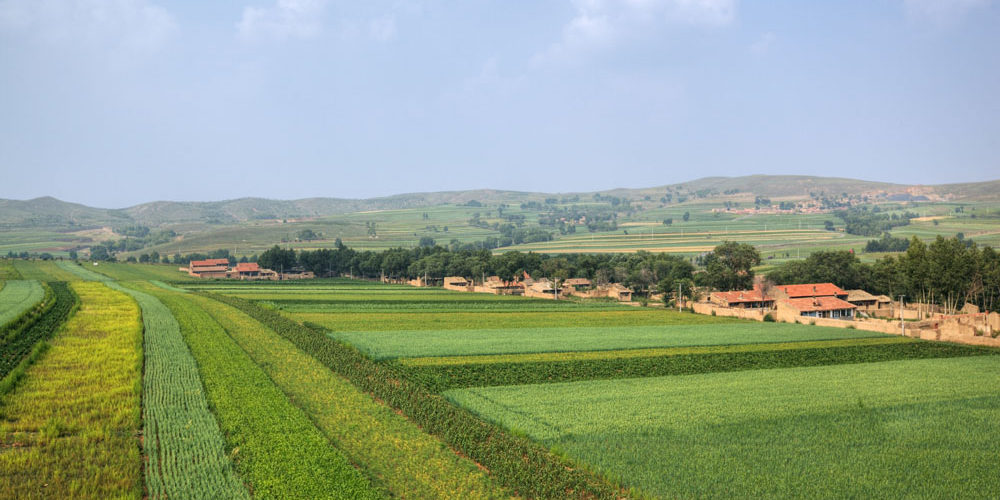Inner Mongolia has gradually become a dehydrated vegetable processing base and one of origins of semi-finished raw materials, including area of Dengkou, Wuhai, Tuquan, Bayannaoer, Linhe and other regions. The main agricultural products are dried celery, sunflower, tomato, pumpkin, green beans, bell peppers.
Its dehydrated vegetables production technology imported from Ningxia province since 1992. Till the end of 2007, the whole region built a total of 185 dehydrated vegetables of various sizes of factories, ranging from farmers planting green peppers from 500 Mu in 1992 to 13 million Mu in 2007. Sales price of raw material rose from 0.1¥ per kilogram in 1992 to 1.15¥ per kilogram in 2012. The dehydrated vegetables rose from 15¥/kg in 1992 to 42¥/kg in 2010 but back down to level of 18¥/kg in 2013.
The dehydrated vegetables industry in the province is almost a cycle every 3-5 years. After a few liters and drops, by the end of 2014, 185 dehydrated vegetables enterprises dropped to 128. In 2014, only 83 enterprises started production, producing 7800 tons of dehydrated vegetables at a price of 30¥/kg.
Taking Wuhai district as an example, in 2016, the vegetable raw material planting base reached 2576 Mu and semi-finished& finished dehydrated vegetables totaled 323.5 tons, increasing by 10% in the whole year of 2016 respectively and 14% in the whole year of 2015 respectively.
In view of the continuous export jumpe, the Commodity Inspection and Quarantine Bureau (CIQ) increased supervision, by implement dynamic management of the base for raw material cultivation of enterprises, focusing on controlling the raw materials used in the process of agricultural inputs management ring to ensure that the record base qualified raw materials into the plant. On this basis, it increased the daily supervision of dehydrated vegetable factories and ensure the improvement of the overall quality and safety of enterprises in all aspects. In 2016, regular supervision and routine supervision found a total of <10 non-compliance items, and the rectification and reform efficiency was 100% passed. In some other areas, the production methods of dehydrated vegetables lag behind those of other producing areas. CIQ is stepping up efforts to help and guide enterprises to make innovations in processing technology, improve production efficiency and reduce production costs, and guide enterprises to complete the HACCP system certification so that enterprises management system and processing technology has been fully upgraded and will be better.








